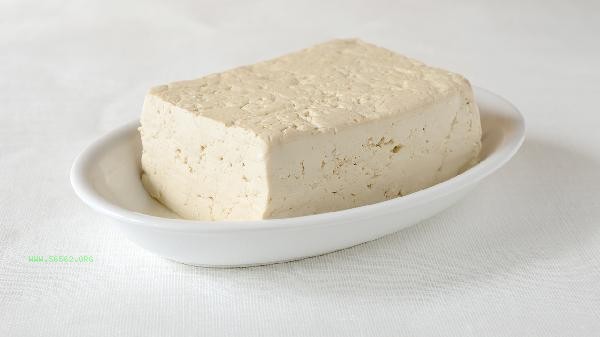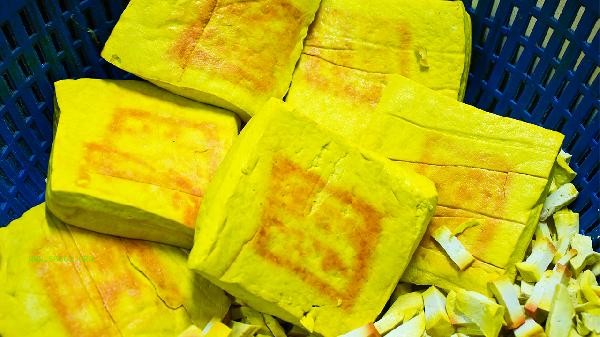It is usually recommended to use aged tofu when making frozen tofu. Aged tofu has a lower moisture content and a compact texture, making it easier to form a honeycomb structure after freezing; Tender tofu may become loose and fragile after freezing due to its high moisture content. There are significant differences in taste and cooking adaptability between the two types of tofu after freezing. The protein network structure of aged tofu is more compact, and the pores formed after dehydration treatment are larger, making it suitable for long-term stewing or absorbing soup. During the freezing process, the expansion of ice crystals will squeeze the tofu tissue to form a porous texture, which can better maintain its shape after thawing. The frozen tofu made from aged tofu is suitable for dishes that require durability, such as hot pot and stew. The honeycomb structure after freezing can enhance the ability to absorb soup.

The water content of tender tofu usually exceeds 80%. After freezing, ice crystals damage the original gel structure, which is easy to cause texture collapse. A significant loss of moisture during thawing can cause tofu to become loose and difficult to use for dishes that require shape preservation. But the crushed texture formed by frozen tender tofu is suitable for making desserts such as soy milk ice cream and mousse, or as a thickener for soups. Specially processed tender tofu may retain some of its delicate texture after rapid freezing.

When choosing tofu, it should be determined based on the target dish. Traditional frozen tofu dishes prioritize using salted tofu. Before processing, tofu can be cut into pieces and soaked in salt water to enhance structural stability. When frozen, it should be spread flat to avoid adhesion. When thawing, it is recommended to rinse slowly with running water to reduce texture damage, and gently squeeze to remove excess water before cooking. Frozen tofu is nutritionally intact and easier to digest and absorb, but it should be noted that the freezing time should not be too long to avoid affecting the taste.









Comments (0)
Leave a Comment
No comments yet
Be the first to share your thoughts!